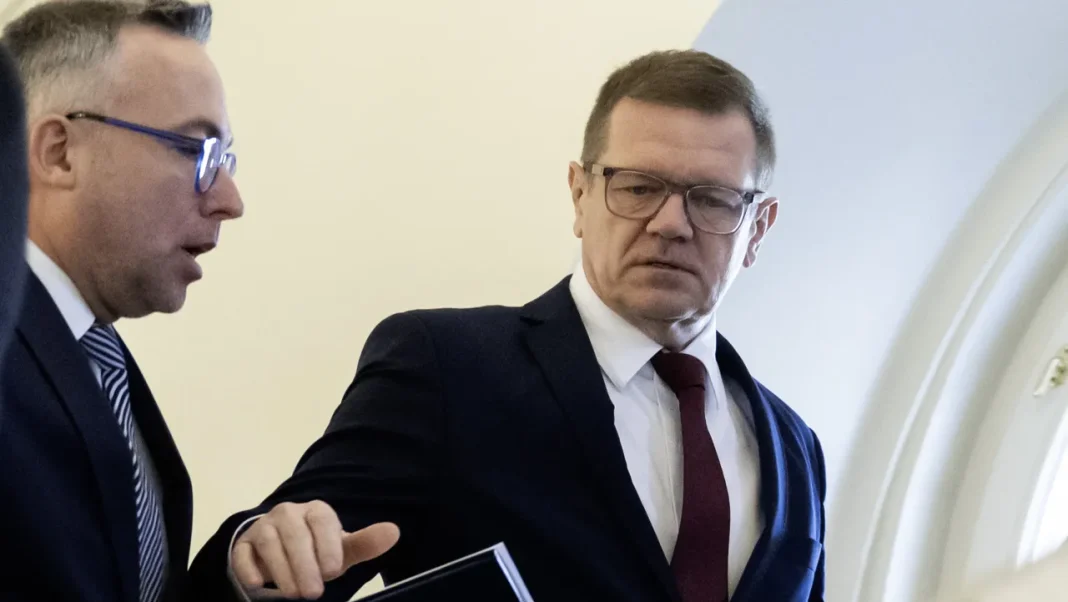On October 12, the Slovak Deputy Prime Minister has tendered his resignation, marking a significant shift within the Slovak government. This unexpected departure has propelled the political landscape into a state of flux as officials and citizens alike speculate on the potential implications.
Reasons Behind the Resignation

The resignation of the Deputy Prime Minister was officially announced during a press briefing. Citing personal reasons, the Deputy Prime Minister emphasized the need to prioritize personal well-being and family commitments. However, political analysts have suggested that increasing tensions within the coalition government may have played a crucial role in this decision. The Deputy Prime Minister had been under intense scrutiny for handling various policy matters, which could have contributed to his decision to step down.
Despite his resignation, the Deputy Prime Minister remains committed to supporting the current administration and its agenda. In his statement, he pledged his continued support to ensure a smooth transition and to uphold the interests of Slovakia in ongoing governmental projects.
Impact on the Government’s Stability

The resignation has raised concerns about the stability of the current coalition government. Internal disagreements have surfaced, particularly surrounding economic and social policies. The Deputy Prime Minister played a crucial role in mediating these disputes, and his absence is expected to create a void in leadership that could exacerbate existing tensions. Political commentators are keenly observing how the ruling parties will address this challenge.
Prime Minister Eduard Heger has expressed regret over the resignation but remains confident in the government’s ability to maintain its course. Plans to appoint a replacement are already underway, with several potential candidates under consideration to fill this pivotal role.
Reaction from the Public and Political Analysts

The public reaction has been mixed. Supporters of the Deputy Prime Minister have expressed admiration for his decision to prioritize personal matters, while critics argue that the resignation might impede progress on critical policy issues. Social media platforms have witnessed heated debates on the potential long-term consequences for the governing coalition.
Political analysts have highlighted the need for swift action by the government to reassure the public and maintain investor confidence. The Deputy Prime Minister’s departure is seen as a test of the coalition’s resilience and ability to adapt to leadership changes without compromising stability.
Future Prospects for Slovak Politics

Looking ahead, the Slovak political scene is expected to face significant challenges. The replacement of the Deputy Prime Minister will be a pivotal factor in shaping the future trajectory of the government. Analysts suggest that much will depend on the coalition’s ability to synergize and present a unified front in addressing national issues.
Furthermore, this event serves as a reminder of the delicate balance in coalition politics. The government’s capacity to effectively manage inter-party relationships will be crucial in navigating the complexities that follow the resignation.
The resignation of Slovakia’s Deputy Prime Minister is a critical juncture for the country, demanding decisive action from its leaders. As the government seeks to fill the vacancy, all eyes are on how they will maintain cohesion and continue serving the interests of Slovakia.





